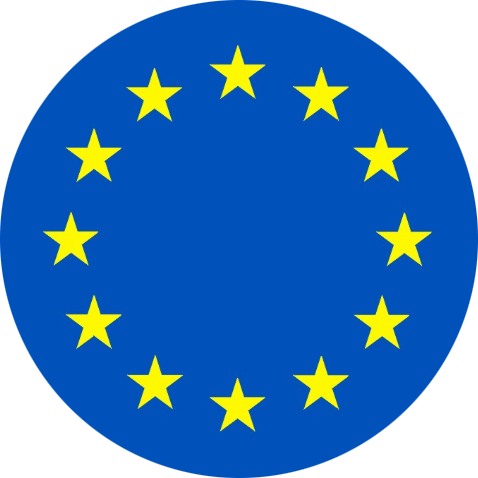It is widely accepted that the EU is way ahead of the U.S. and other countries in its efforts to regulate Big Tech. One recent example is enactment of its Digital Services Act (DSA) in 2022 (2022/2065), which contains sweeping changes designed to regulate Big Tech. Among other things, the DSA substantially narrows the immunity from liability that platforms have enjoyed from the inception of the Internet. The traditional immunity in the U.S. and Europe has presumed that platforms are "mere conduits" of content posted by their users, and thus are not responsible for policing any illegal content posted unless and until the platform receives a take down notice. The new EU directive, among other things, creates affirmative obligations on platforms to provide risk assessments and mitigate against illegal content, a daunting and expensive task.
The previously enacted Directive on Copyright and Related Digital Rights (DSM) enacted in 2019 (2019/790) went even further by placing an obligation on platforms to police their sites for copyright infringement in the first instance, prior to receiving any sort of take-down notices. This will require platforms to develop sophisticated filtering software that will be expensive and run the risk of filtering out content that is not illegal and should be protected by fundamental freedom of expression rights.
The most onerous parts of the DSA and DSM are applicable only to large platforms called VLOPS (Very Large Online Platforms), and would apply to the big American social media sites such as Facebook, Instagram, YouTube, X (formerly Twitter) and LinkedIn, as well as the Chinese site Tik-Tok. What is notable about this list is that there are very few, if any, European platforms that would qualify as VLOPS.
Is this coincidence? At the very least, one could safely surmise that it was politically easier for the EU to pass the DSA and DSM without it impacting European companies who would have lobbied against it. Taking this logic a step further, could one justifiably argue that there was and is an incentive for Europe to regulate American Big-Tech in order to provide the European Tech sector an opportunity to catch-up.
I have spoken to several EU Commission officials and one member of the European Parliament in relation to the DSM legislation, and they have uniformly denied any motives other than to protect European consumers and artists from the damaging consequences of the digital age. They have vehemently denied that there is any protectionist or anti-American rationale.
Earlier this month I attended a course in Trier, Germany on European Information Technology Law. I asked one of the professors whether she believed that there were protectionist motives at work behind the enactment of some of the provisions of the DSA. She readily admitted that there probably were. I followed up by asking whether she was aware of any EU official admitting to such a motivation. She could not think of such an instance.

Member discussion: